Reserve Bank of Australia and Philip Lowe must win back public trust


Is he going or staying? Flying or failing? Even at the best of times, the Reserve Bank governor is hard to read, and that often brings its own problems.
Lowe leads an institution that, at its heart, rises or falls on the state of public trust and the confidence of the financial community.
Without it, the central bank can’t effectively do its main job, which is holding inflation in check.
As the review panel explains in a watershed report, the RBA’s performance in recent years, not just the helter skelter past 12 months, has at times been sub-par and the public left perplexed by its moves.
Sure, its peers were also caught off guard by an inflation surge in a supply-constrained world, made worse by Vladimir Putin’s invasion of Ukraine.

And even before the pandemic, the RBA kept undershooting its 2 to 3 per cent inflation mandate, in a consumer world remade by cheap goods, low wage growth, digitisation and demography. But the public pays on results and Lowe and Co spectacularly missed the mark with “calendar-based” forward guidance during the Covid crisis, both in its conception and delivery.
The panel was damning about the faulty communication on the future course of interest rates, as late as November 2021, when they were nailed down at an emergency low of 0.1 per cent and “unconventional monetary policy” ruled.
The ploy was flawed from the start because, as the panel found, the introduction of calendar-based guidance was an aberration and “there was no documented discussion of the risks and implications of this shift”.
“The lack of consultation reduced the opportunity for the Reserve Bank Board to debate, challenge and collectively own the decision,” the panel said.
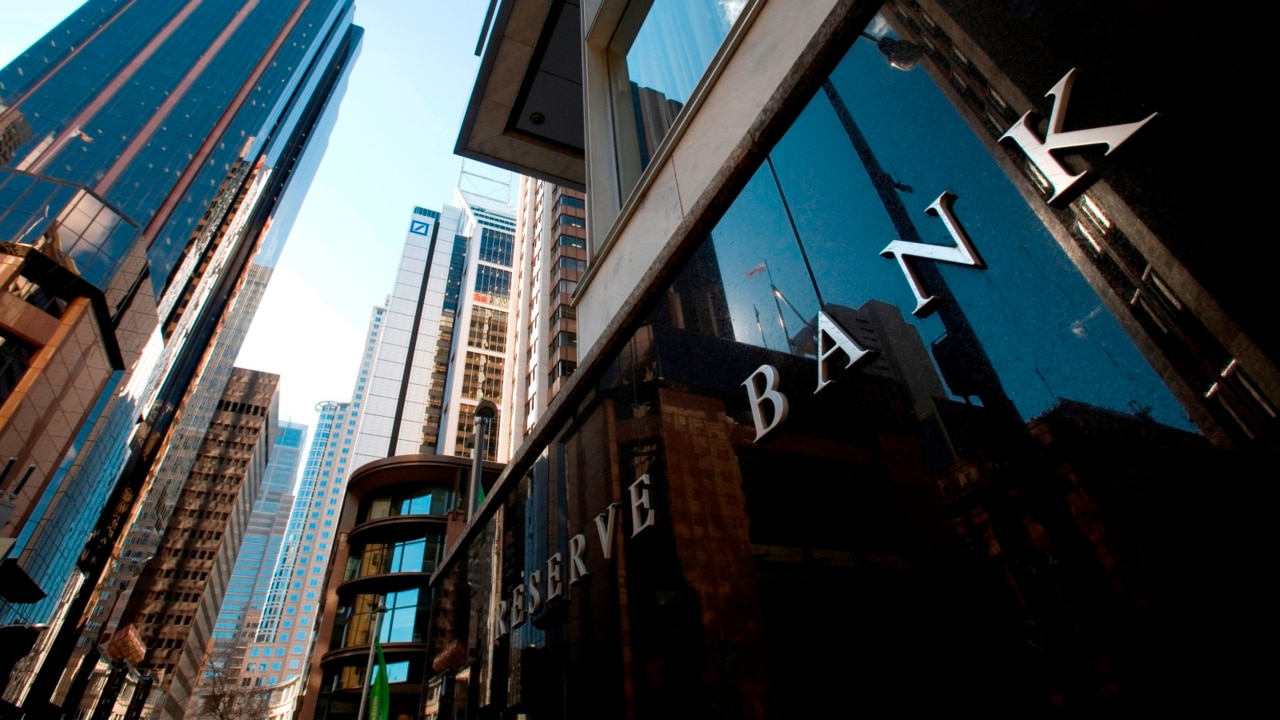
In a warning, it notes forward guidance is part of the RBA’s “policy strategy toolkit that carries significant reputational risks”.
People look to the RBA for stability and candid appraisals of the economic state of play. Its word is its bond.
Trust in the RBA means trust in money.
As the central bankers’ central banker Agustin Carstens said in a recent speech, if the public trusts officials to keep inflation close to target, people adjust their behaviour and deviations are tolerated.
Inflation becomes self-correcting and the community is spared calamity and heartache. But when trust is lost, watch out.
The Bank for International Settlements chief said the spike in inflation in virtually every country is a huge concern, and central banks needed to defeat it through aggressive rate hikes.
“This strong response must continue as necessary, for only by resolve, perseverance, and success in this task can trust in money be preserved,” said Carstens, who also took a shot at loose budget policies over the past 15 years.
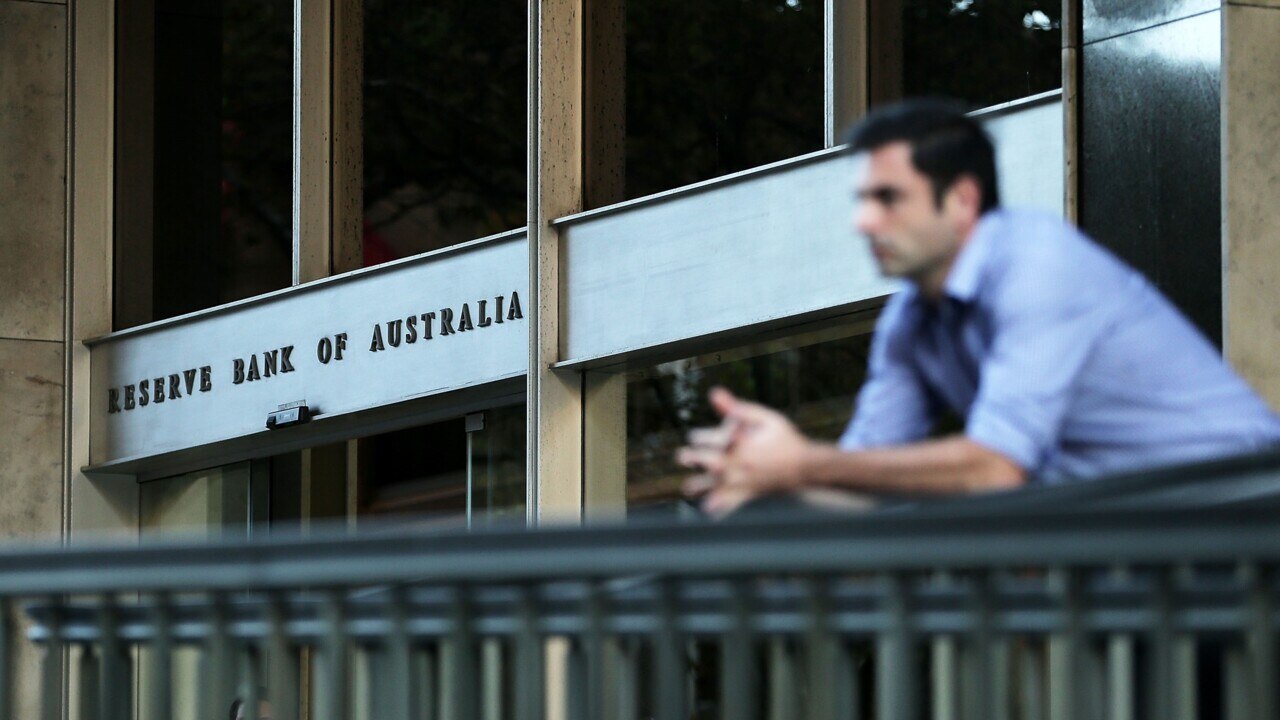
The RBA is confident that market professionals maintain a high regard for its competency. So far, the public’s expectations on inflation appear “well anchored”, meaning price pressures are subsiding and consumer psychology has not been radically altered by the inflation shock.
Judged on its record in the long era of inflation targeting, the RBA has performed well, the panel concludes, but then declares the world has changed; global complexity and uncertainty have exposed the bank’s systems and processes.
“To be ready to face current and future challenges,” the review says, “Australia needs a clear and robust monetary policy framework, effective decision-making arrangements, and a high performing institution that best supports decision makers.”
For the RBA, regaining public trust will take superior communications, new personnel, and a busting of outdated hierarchies.
An institutional refresh in line with the panel’s prescriptions is necessary, but not sufficient. It’s not the framework or the suits or narrative that wins public trust. Only performance matters.
If inflation is not conquered, then the road back for trust in Martin Place will be rocky, as the misery of rates pain for the many endures.
More Coverage
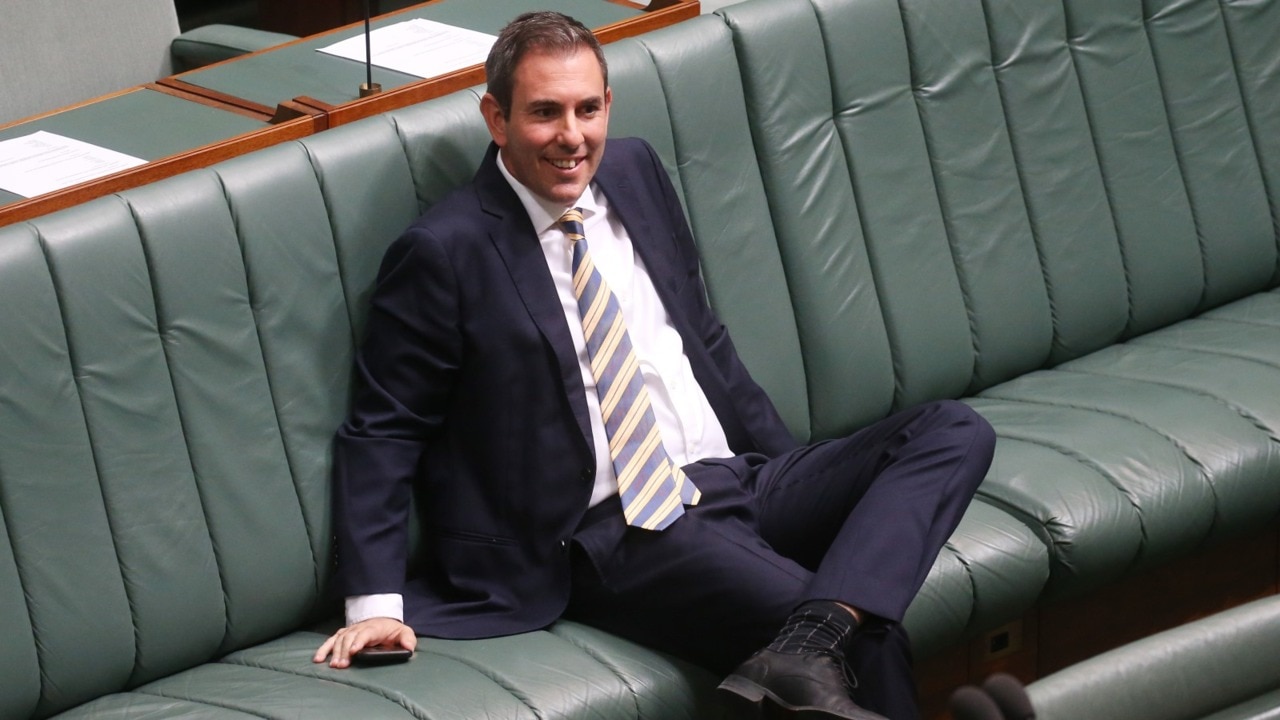

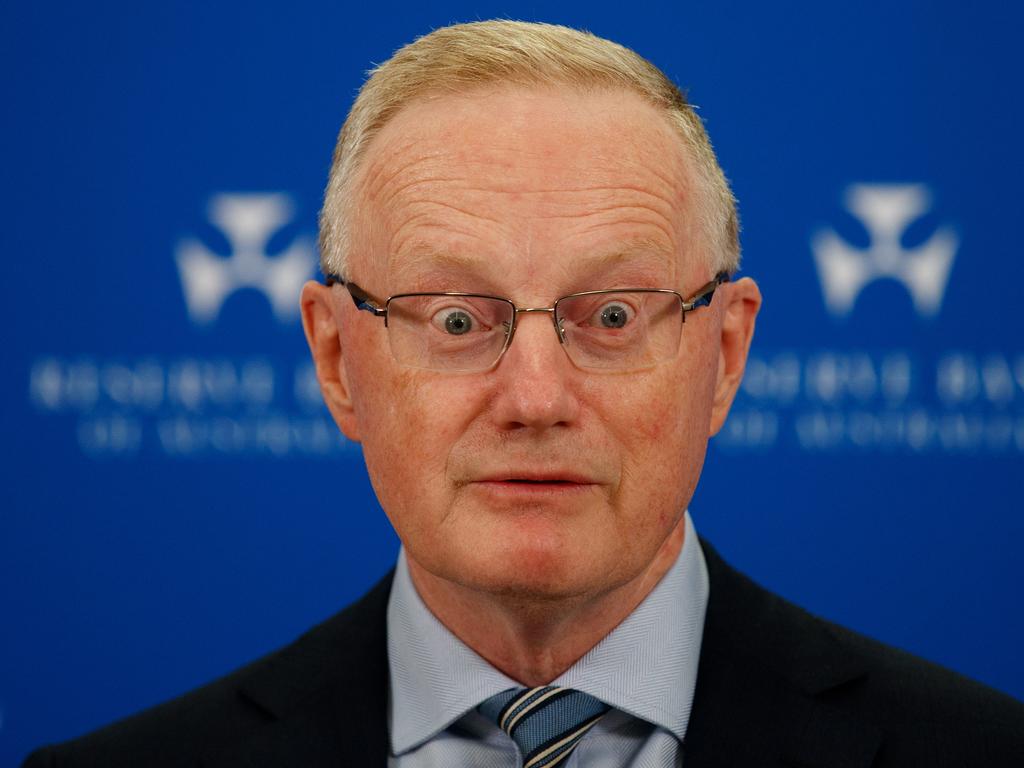

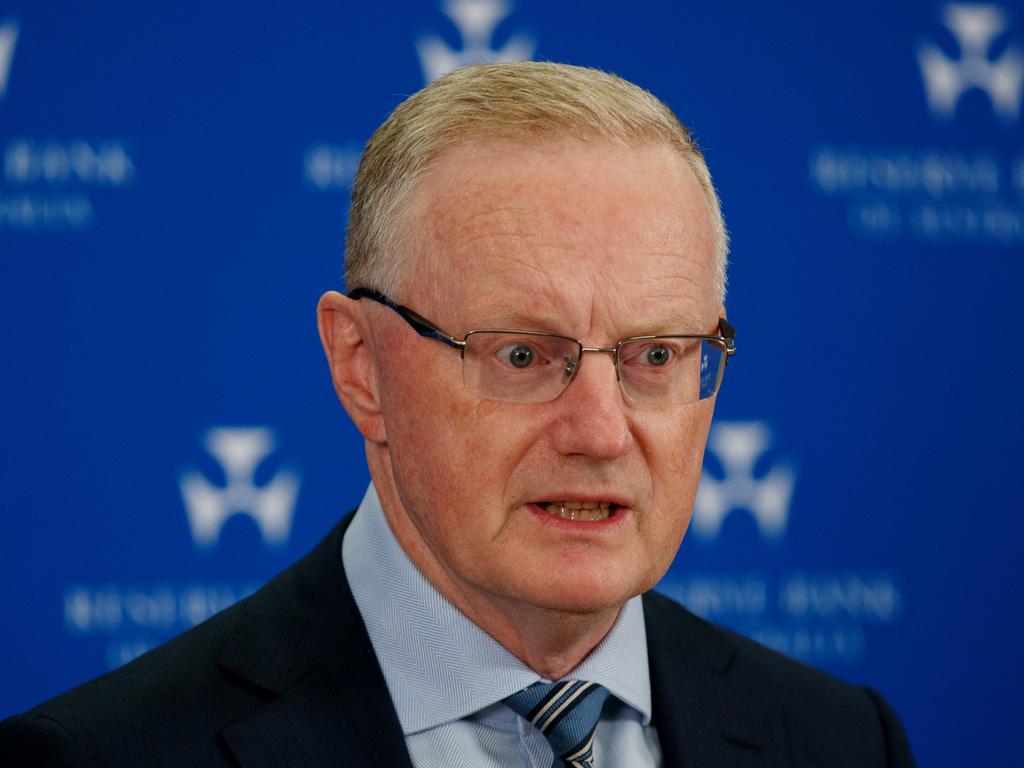



Philip Lowe appeared to be walking on air when he faced reporters on Thursday, although it was impossible to tell whether he had achieved a Zen lightness or was in free fall after slipping through a political trapdoor.